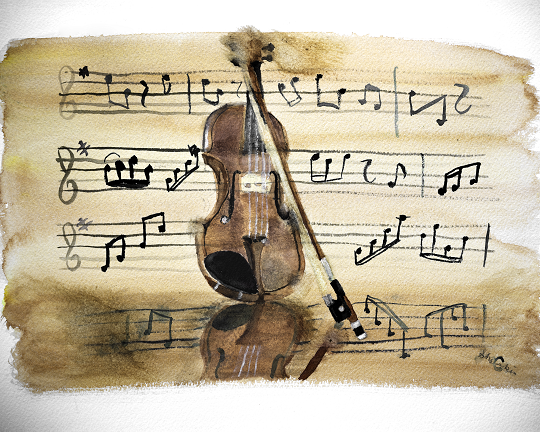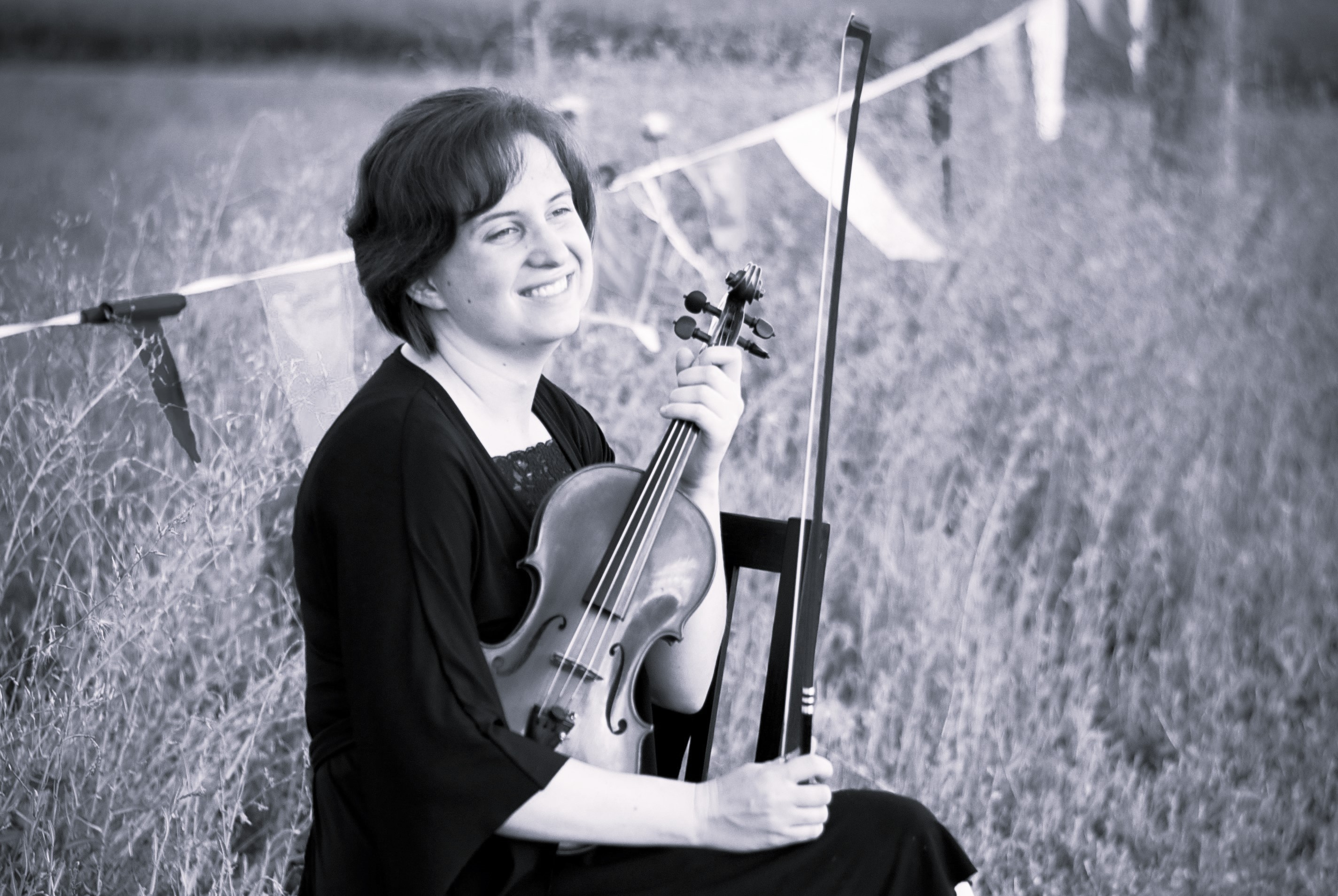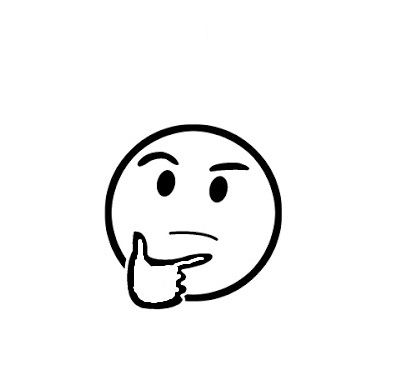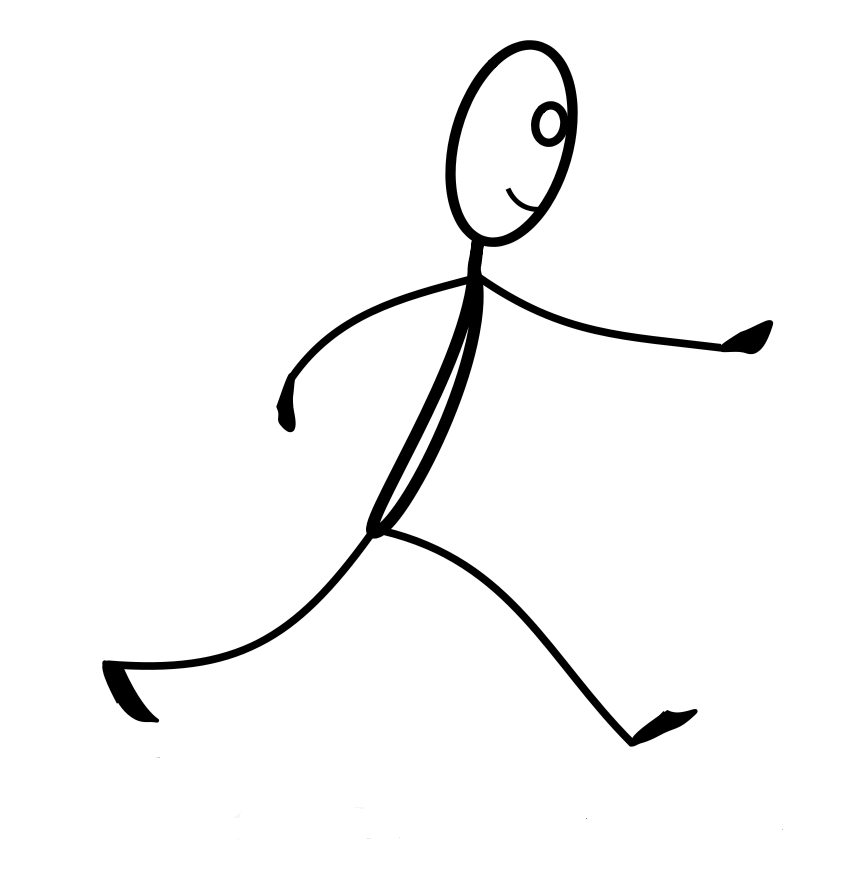I've been working on a gigantic project, which will be the topic of a future blog post, I am quite certain! A small subset of the large project was painting this watercolor picture of a violin.
 I am still a beginning artist, and still learning about hue and value. As I think about all the things I'm learning in my art class, both from my teacher's precept and through my expanding experience, I marvel at how the music and art worlds overlap.
I am still a beginning artist, and still learning about hue and value. As I think about all the things I'm learning in my art class, both from my teacher's precept and through my expanding experience, I marvel at how the music and art worlds overlap.
Value, as any artist knows, has to do with how saturated a color is. Even in a black-and-white piece, a subject will have lighter highlights and darker shadows that offer contrast, so it isn't just monochromatic and flat. In this piece of art, I attempted to vary the value of the browns, even within the body of the violin, as portrayed in my reference photograph. And suddenly, in remembering the precision and experimentation required for such an undertaking, I remembered an audition I once heard from a high school student--a male flutist--who impressed me with the best dynamic contrast I had ever heard in an audition, which easily won him a spot in the youth symphony I helped direct. I realized something: that interest conveyed through varying values in art is similar to the interest conveyed through varying dynamics in music. You can still have a pretty piece in either case with a relative lack in contrast in either value or dynamics, but the depth achieved when employing LOTS of contrast in these areas piques an audience's interest perhaps even more than the soloist or painter realizes and lends itself to a convincing performance or a work of art that draws the viewer in for closer inspection.
Then, reflecting on how I tried to thin my strokes to approximate the fine perfling on the violin edges in my painting, I thought of how thinner or thicker paintbrush strokes is like articulation in violin-playing . . . whether it be strong marcato accents or small, subtle pulses in the bow for a portato bowing. Bold, confident, lengthy bow strokes to achieve a convincing soloistic aura, or barely whispering over the fingerboard for a silky, understated harmony to support other instruments in a symphony rendition.
I love art because it gives me a chance to explore creativity in a low-pressure arena. My lack of knowledge of art masters or art audience expectations helps me experiment more freely and is almost a blessing, despite my acknowledged ignorance and hesitancy as I desire to improve; whereas the passion for violin-playing derived from confidence in the "right way" to approach it can admittedly feed my pride, at least without constant pruning back of unwanted intellectual weeds, but this confidence also holds a positive, self-affirming place. With the violin, I also want to improve, but I know how to navigate my way much more than in art. These two areas of my life: art--a new hobby, and violin--an already-established area of expertise along with its accompanying mostly-self-inflicted high expectations, both have their ways of instilling a hunger in me to refine myself and to keep learning!

Cami Shaskin
Violin Blog
About
Updates
Quick Access
Archive
2021
Jan
2022 16 - Welcome to My Blog
23 - Violin Teaching Kits
Feb 06 - Valuable Techniques
07 - From the Top
20 - Violin Jokes
Mar 06 - Singing in Orchestra
13 - Nurtured by Love
21 - Helpful Websites
27 - Unique Case Uses
Apr 10 - All About Tone
24 - Teaching Values
May 02 - Believing Teachers?
29 - Our Quartet
Jun 26 - Violin Bridge Tips
Jul 07 - Clever Violin Memes
20 - Horses and Lions
Aug 04 - Music During Covid
16 - Favorite Music
Sep 12 - Being There
Oct 16 - Sight Reading Tips
Nov 05 - Why It's the Frog
Dec 20 - Bach on the Brain
30 - Impact for Life
Jan
Jul
Aug
Oct
Nov
2023 23 - Tendonitis Helps
Feb 21 - An Old Performance
Mar 23 - Cars3 & Coaching
Apr 29 - Preferred Brands
May 27 - Love: A Calling
JunJul
Aug
08 - Music Opens Doors
SepOct
Nov
27 - Useful Analogies
Dec 28 - A Humorous Anecdote
Jan
Feb
May
Jun
Aug
Oct
Nov
2024Feb
15 - Our Commonality
Mar 10 - Extras
18 - Autopilot
AprMay
Jun
06 - Motivation
JulAug
26 - The Ink
SepOct
Nov
26 - Music Copyright
Dec Jan
Mar
Sep
2025 15 - Fame and Fortune
FebMar
14 - Intermission
Apr 18 - A Day in the Life
May 02 - Oops!
Jun 14 - A Science or an Art?
Jul 15 - A Difficult Post
AugSep
20 - Anxiety Interview
Oct 02 - Sounds of Italy
Nov No posts to display.
Dec No posts to display.
Jan
Feb
Aug
2026Feb
No posts to display.
Mar No posts to display.
Apr 17 - Bittersweet Moments
May No posts to display.
Jun No posts to display.
JulAug
No posts to display.
Sep No posts to display.
Oct 31 - My Video Series
Nov No posts to display.
Dec No posts to display.
Jan
07 - Food in Twinkle?
Feb No posts to display.
Mar No posts to display.
Apr No posts to display.
May No posts to display.
Jun No posts to display.
Jul No posts to display.
Aug No posts to display.
Sep No posts to display.
Oct No posts to display.
Nov No posts to display.
Dec No posts to display.
Posts
Art & Music Comparison
| Love it | Interesting | Inspiring | Want to share |
 |
 |
 |
 |
| 1 | 1 | 1 | 1 |
Like this post? Link back to it later by copying the URL below.
© 2021-2026 All Rights Reserved
This content has been proven to be completely dairy-free, gluten-free, sugar-free, and made from code not treated with rBST. No animals were harmed in the making of this blog. The views presented do not necessarily represent the views of Ms. Shaskin's neighbors, kin, the U.S. government, or a mysterious worldwide network of musicians. Any reproduction, retransmission or reposting of content without crediting the author (basically me) is prohibited. Free Wi-Fi not included. If this is a life-threatening emergency, close your browser and dial 911.



